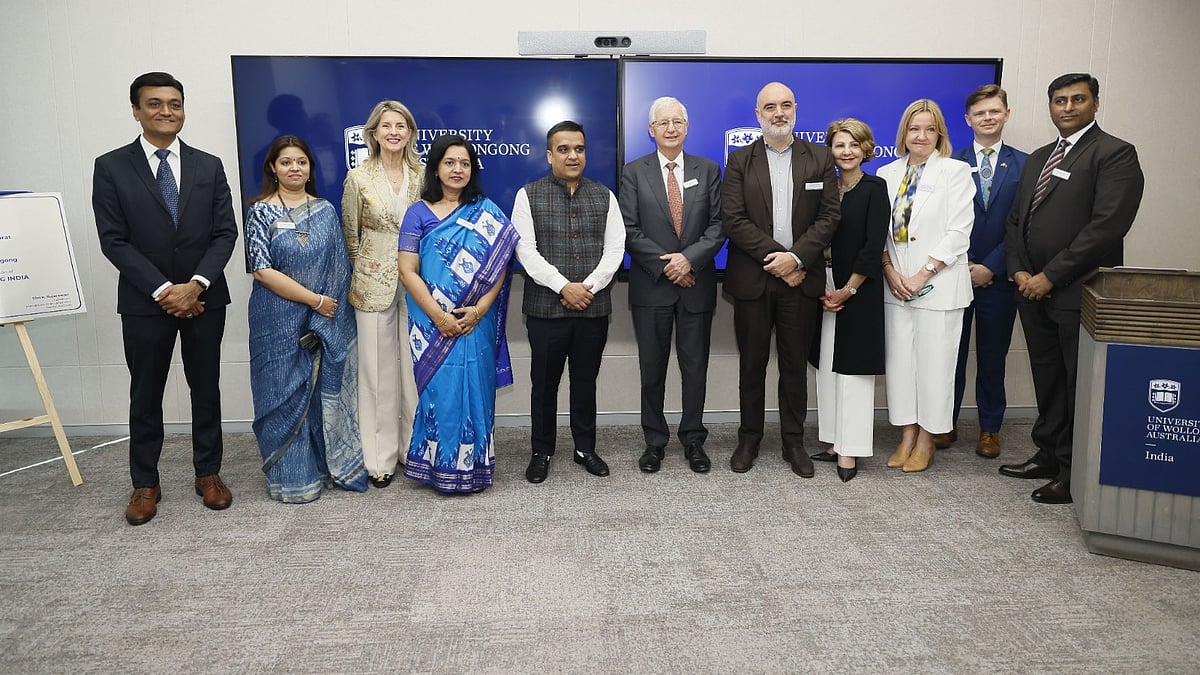Modern society is evolving at a rapid pace. There is a paradigm shift in every aspect of social life. If we compare and contrast our present way of living with that in the bygone decades, we will see that modern man is in no way the replica of the man of yore. Apart from a slew of other changes, there is a sea change easily perceptible and conspicuously noticeable in his social relations. One of the changes in this respect is the marital bond, which is gradually losing its sacrosanct status among a specific class of Indians. Indian society is for all outward appearances, a monogamous society. In reality though, bigamy and polygamy are also prevalent in some communities, with certain riders and caveats. But on the whole, monogamy is the concept of marriage to which both sanction and sanctity are attached.
Most people choose to walk down the aisle at a particular age, in their mid-twenties. But some adherents of the newly emerged socio-cultural ethos have fiercely challenged the custom of marriage tooth and nail. It would hence, be appropriate to call them social mavericks, a group of individuals who do not wish to toe the line. The exponents of this credo are youngsters who have evinced their preference for the solo life and choose not to enter matrimony, which according to them, incarcerates them and deprives them of freedom.
Solo living
The number of such individuals is rising and it is the bigger cities which have witnessed a flood of these singletons, whose newly founded cult of solo living is gaining great momentum. Naturally, the proponents of this cult are often viewed with a certain scorn and reservation by the champions of marital life. They are dubbed as radicals, rebels and renegades and do not hesitate to trample upon the ossified conventions. These singletons are at one with the American comedian Groucho Marx, who said that marriage is a wonderful institution but who wants to live in an institution.
Then there is another emerging class of those who do tie the knot but with terms and conditions. Unlike their forefathers, they do not give credence to the notion of 'carrying their family name ahead' by leaving a legacy of children behind. They may be perfectly capable of loving a child but certainly do not want one of their own.
Varying reasons
If the preference of modern-day youth for solo life is examined closely, there are umpteen number of reasons that can be gleaned. We have read stories of ascetics and hermits who abstained from entering nuptial bonds as they did not want worldly attachments in their path to ultimate salvation. But singletons today have reasons that are far removed from these ascetic aspirations. Not all of them are recluses, neither do they live a life of self-abnegation, austerity and obscurity. They are very much part of mainstream society and take keen interest in social activities, and mostly, overwhelmingly so on social media. But each of them has their own reason to refrain from entering a lifelong pact with another individual.
We are all agreed that this is a world of hardcore competition and rank materialism. It has become an uphill task for one from the middle-class to make ends meet. A fragile financial position is one of the major deterrents that discourage one from getting hitched. The prospect of marriage, with the added prospect of in-laws and extended family and future offspring is understandably daunting when resources are spread thin. Sometimes, such people opt for live-in relationships, in which both partners share expenses and are together but without any legal commitment. Marriage too, it seems, has become a privilege of the privileged.
But it is not just finances that determine one's choice to be by themselves. In fact, it has often been observed that 'soloists' lack the ability to adjust and their patience quotient is drastically low. As all those who have tied the knot will affirm, adjustment and patience are prerequisites to a successful marriage. Hedonism is the canon which several singles embrace and often believe that their life is theirs alone and they should not waste their hard-earned money to fulfil the needs of their families and would rather live their lives to the fullest by spending their money on themselves. Some of them radically opine that marriage is the price a person has to pay to have sex. Now that sex without marriage is no longer taboo, the staying single credo has been further strengthened.
Virtual company
The needs of companionship of people today have been redefined. Their addiction to the virtual world -- the internet --has minimised the craving for a companion in their room, to whom they could pour out their pent-up feelings. Their online world seemingly provides the emotional outlet they need. Catharsis is achieved by 'connecting' with others, virtually. It is rightfully argued that marriage is not just the union of two bodies but neither can the union of souls happen unless two minds reach the state of fine tuning and mingle effortlessly. It is only a blissful affair if handled with care.
Interestingly, there are thinkers and intellectuals who also have chosen to fly solo. Their thinking prowess seems to complicate the process of finding someone they could spend their life with. They find it hard to be with someone of an opposite bent of mind. After all, it is the mind that should first be in unison with the other. The much-talked about union of souls is only a metaphysical concept that is part of ontological research. The union of minds matters.
In the end, to stay single or be married is entirely a matter of personal choice. To each his own. Indeed, every individual reserves the right to make his choice and social intervention in this regard must be discouraged and dissuaded.
The writer is Head of Department, English Language and Linguistics, Dev Samaj PG College For Women, Ferozepur










